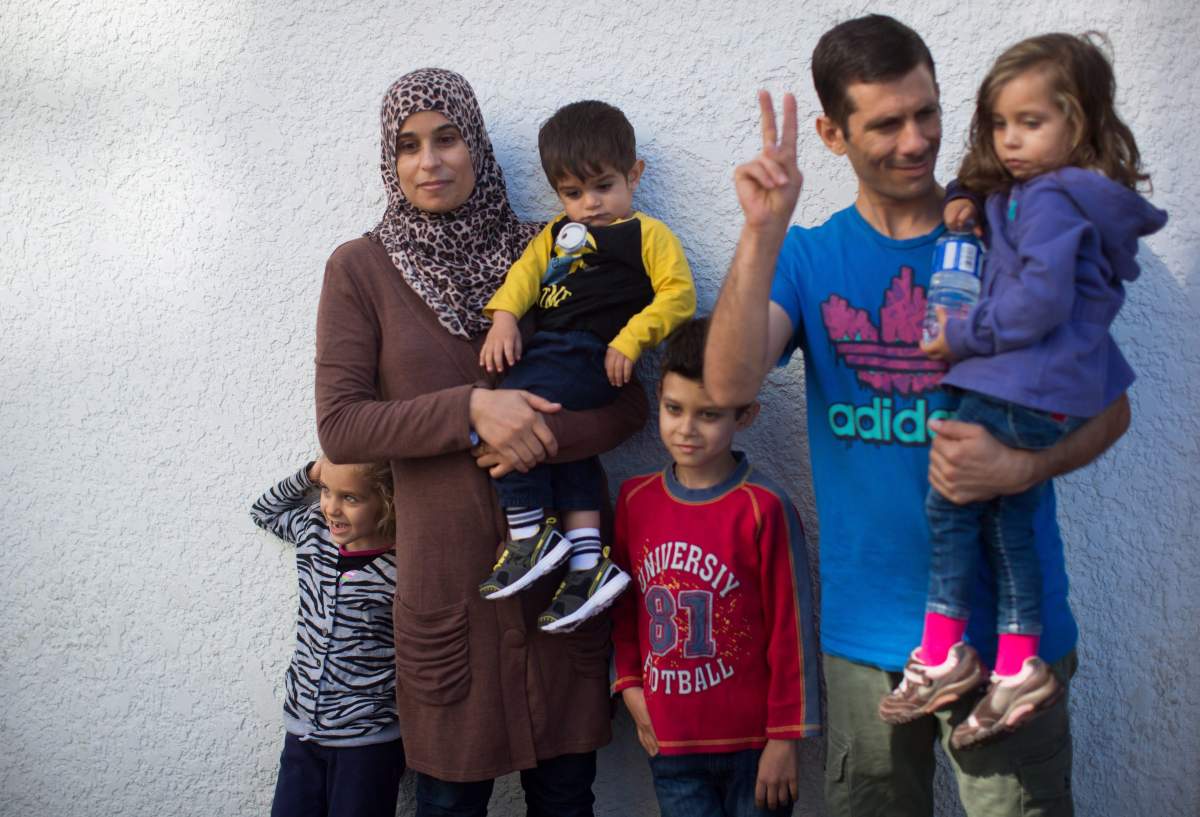A survey of new Canadians in British Columbia has found only 49 per cent of those seeking employment in their chosen fields found work at levels matching their credentials.

Vancity and Angus Reid Global carried out two surveys and poured over census data.
They found new Canadians in B.C. earn 8 per cent less than workers who are at least third-generation Canadian, while immigrants in Vancouver earn 18 per cent less.
Vancity’s Catherine Ludgate says, “We have to do better.”

Get breaking National news
“We are doing so poorly in the recognition of newcomers that it’s leading to significantly depressed wages in those families which will lead to intergenerational poverty.”
She says there is also the issue of professional foreign credentials that aren’t recognized here or undervalued.
“You know, as the joke goes… What’s the best place in Vancouver to have a heart attack? In a taxi cab, because you’re likely to be driven around by a foreign-trained doctor.”
Ludgate says they also found that newcomers with manual labour jobs are five times more likely than third-plus generation Canadians to have university degrees.
In partnership with Vancity, Angus Reid Global conducted two online surveys in parallel to better understand the climate surrounding B.C. immigrants and their experiences finding employment in Canada. The first survey was conducted Jan. 14-19, 2019, among a randomized sample of 400 immigrants to B.C. who arrived after 15 years of age. For comparison purposes only, a probability sample of this size would carry a margin of error of +/- 4.9 percentage points, 19 times out of 20. The second survey was conducted Jan. 24-28, 2019, among a representative sample of 800 adult residents who reside in B.C. For comparison purposes only, a probability sample of this size would carry a margin of error of +/- 3.3 percentage points, 19 times out of 20. The respondents are members of Angus Reid Forum.












Comments
Want to discuss? Please read our Commenting Policy first.